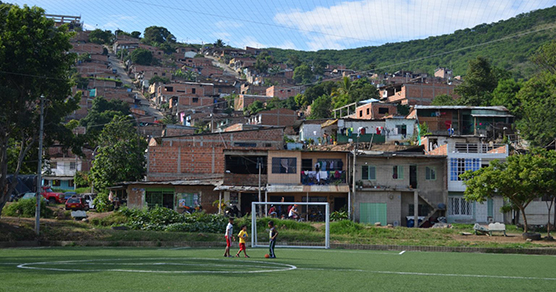Launch of the « Artefacts of Disaster Risk Reduction » database and publication
From Oeuvre durable :
“Community-Based Initiatives to Face Climate Change in Latin America and The Caribbean
“The term ‘artefacts of disaster risk reduction’ refers to the set of rituals, practices, events, and spaces that make it possible for people in informal settings to work together, develop trust, and reduce or manage the multiple risks they face.”
In times of global warming, disaster risk reduction poses a great challenge for governments and organizations in the Global South. The challenge is even greater in slums, barrios, favelas, comunas, and other low-income neighborhoods, where residents must try to secure access to water, sanitation, shelter, and other services in parallel with, or without, government action. Two major obstacles to disaster risk reduction arise. First, climate policy designed by national governments rarely responds to the needs and expectations of citizens living or working in informal conditions. Second, policymakers tend to disregard people’s claims for social and environmental justice, and their bottom-up initiatives, perceptions, and ways of dealing with risk.
In Artefacts of Disaster Risk Reduction, a team of twenty experts from different countries explores how to bridge the gap between inefficient top-down policymaking and the often-neglected capacities of people on the ground. For four years, the authors followed the implementation of over twenty bottom-up initiatives in Cuba, Colombia, and Chile, revealing stories of success, failure, and struggle. In this online publication, they summarize ten key lessons and provide policy and practice recommendations aimed at stakeholders involved in climate action and disaster risk reduction.”
